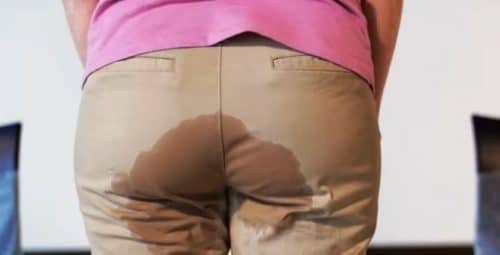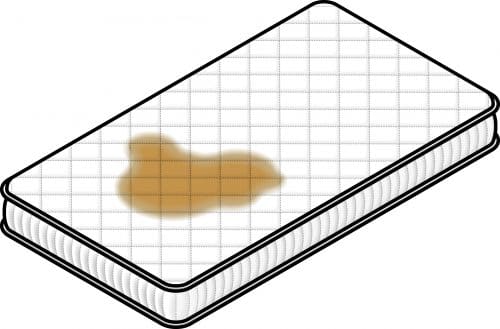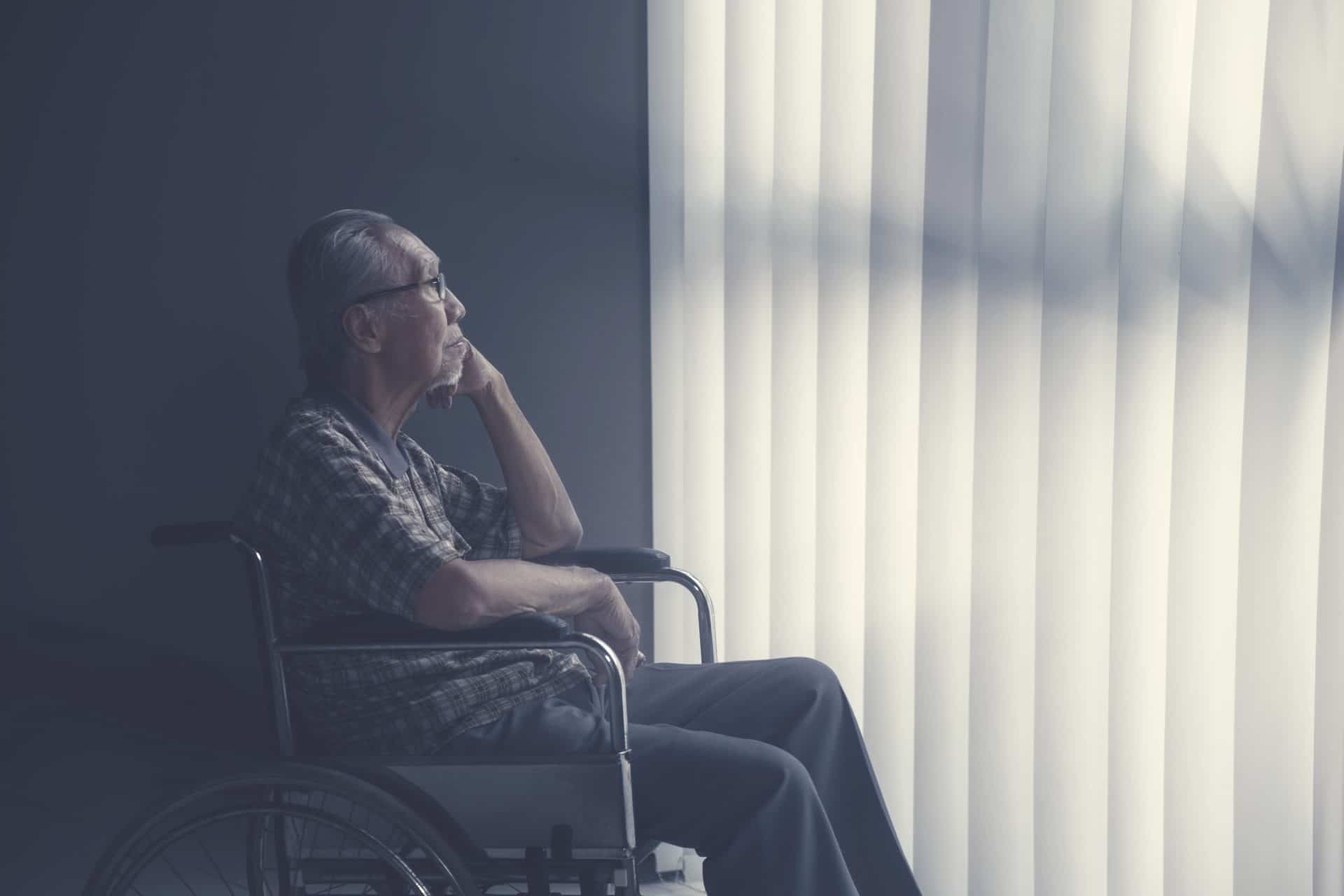More than 50% of nursing home residents experience some type of incontinence. More than 75% of long-term residents (people who stay in a nursing home for more than 100 days) experience incontinence. Incontinence is highly prevalent in nursing homes, and as a caregiver and/or family member for a nursing home resident, it is important to understand the signs of poor incontinence care.
6 Signs of Poor Incontinence Care
 1) Wet Bottom
1) Wet Bottom
The most obvious and apparent sign of poor incontinence management is when you go to visit your family member, spouse, friend, or care recipient, and they are wet… wet with their own urine. They could have been wet for only a few minutes, but it could also have been much longer. Wetness against the skin is dangerous and can cause unnecessary slips and falls, as well as pressure sores. You want to minimize the amount of wetness against the skin for both health reasons (pressure sores, incontinence associated dermatitis) and social reasons (embarrassment, smell, isolation).
Although this is the most common sign of poor incontinence care, you may not witness the wet bottom. That is why we have 5 other signs of poor incontinence care.
2) Urine or Feces Smell
Another way to determine the quality of incontinence care in a facility is by the smell. The smell in the facility all together, the smell within your loved one’s room, and the smell of your loved one. If you can smell urine or feces, you know the care isn’t right. Residents should be monitored and checked for incontinence episodes every 1-2 hours and have their product changed when necessary (soiled).
 3) Wet sheets, mattress, or chair
3) Wet sheets, mattress, or chair
If you notice the bed is constantly stripped or the mattress is stained, this likely means incontinence is overflowing onto the surfaces where the resident lives. When an adult has heavy incontinence that is not contained by an absorbent product, urine can leak over onto the surfaces where they sit and sleep.
4) Additional, Urine Scented Laundry
Some family members, spouses, or caregivers do the laundry for their care recipient. If you are doing laundry and notice additional laundry, often with a particular urine or feces scent, this is a sign of poorly managed incontinence. Sometimes the nursing home staff will put the stained laundry in an individual bag; this is also an indication of how well the incontinence is managed. More laundry means more soiled clothing due to poor incontinence care.
5) Inappropriately sized product
Typically, nursing homes keep absorbent products in the resident rooms, either in the closet or drawers, so that a change can be made more easily. Look at the product that they are using to see if it appears to be appropriate for your loved one. Sometimes, facilities will use standard sizes on all residents (Large and XL) regardless of the resident’s specific size. This is another sign that the facility is not appropriately managing resident incontinence.
 6) No Longer Taking the Resident to the Bathroom
6) No Longer Taking the Resident to the Bathroom
When requested, residents should always be taken to the bathroom and assisted in toileting if requested. Too often, a resident or family member asks to use the bathroom and the staff replies with “it’s alright, you (they) can just go, you (they) are wearing a diaper”. That answer is unacceptable and completely strips the person of their dignity. This does not comply with Resident Rights and is a disgraceful way to treat residents.
How Tranquility can Help
If you notice any of these 6 signs of poor incontinence care, the first step is to report the problem. There are multiple ways to report quality of care concerns, and it all starts with communicating the issue to the staff at the nursing home. You can start with the direct care staff (nursing aides), but it also helps to talk to the social workers, nurses, the director of nursing, or the administrator to escalate the issue.
Hopefully the home can resolve the poor incontinence care, but sometimes the poor care is partially due to the low-quality incontinence products used by these facilities. As the family member or caregiver, you can help by supplying Tranquility to the nursing home for your loved one or care recipient.
At Tranquility, we manufacture some of the most absorbent products on the market that can keep adults dry, comfortable, and protected for hours. Many nursing homes use low cost, low-quality incontinence products that need changed frequently because of accidents and wetness. With Tranquility, our unique blend of superabsorbent polymers can absorb multiple voids (incontinence episodes) and help protect your loved one against wetness on the skin, odors, and additional laundry. Plus, Tranquility products allow wearers to sleep through the night uninterrupted by staff needing to change their absorbent product.
In clinical trials (at nursing homes and other care facilities), Tranquility has demonstrated superiority over the typical nursing home absorbent product. Tranquility improves resident outcome including the reduction in slips and falls, reduction of urinary tract infections, reduction of pressure sores, and improved quality of life.
If you notice that your family member, spouse, loved one, or care recipient is struggling with incontinence and the nursing home staff isn’t helping manage the situation, talk to the staff and give Tranquility a try. We offer free consolations and 2-pack samples to help determine what products are best for your situation. Providing the best products so your loved one can have the highest quality of life is what we do.